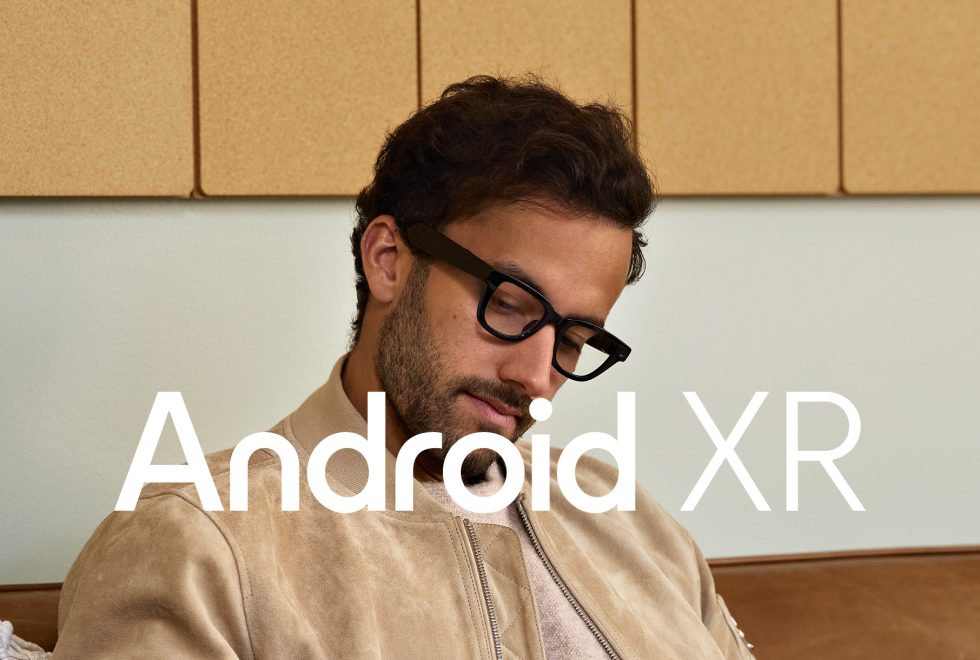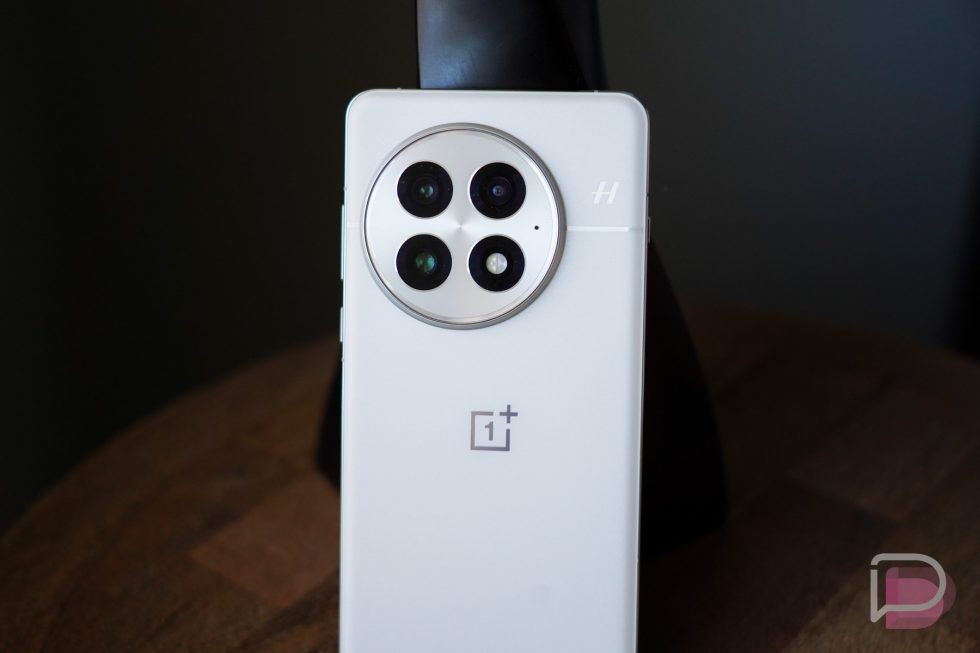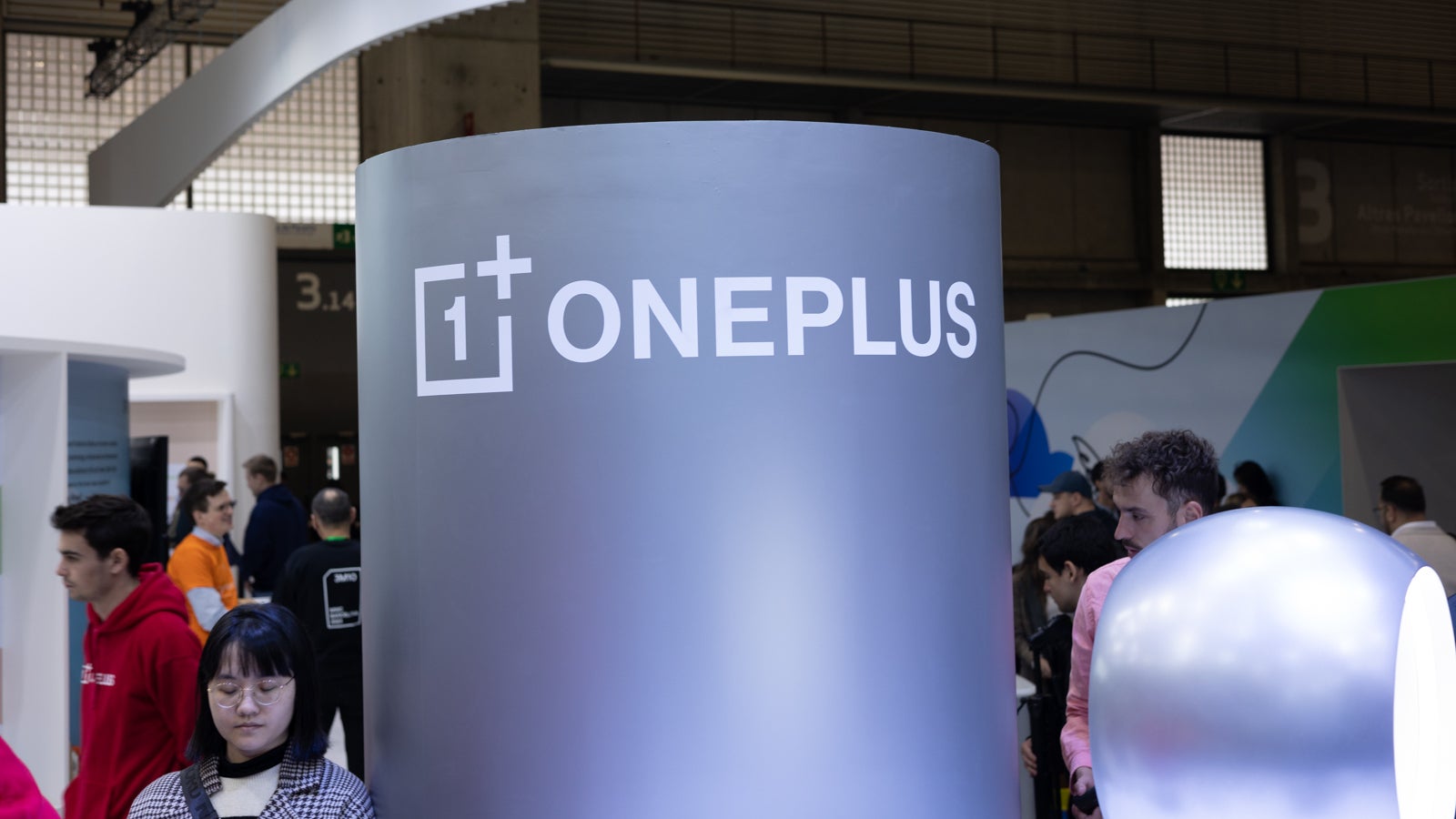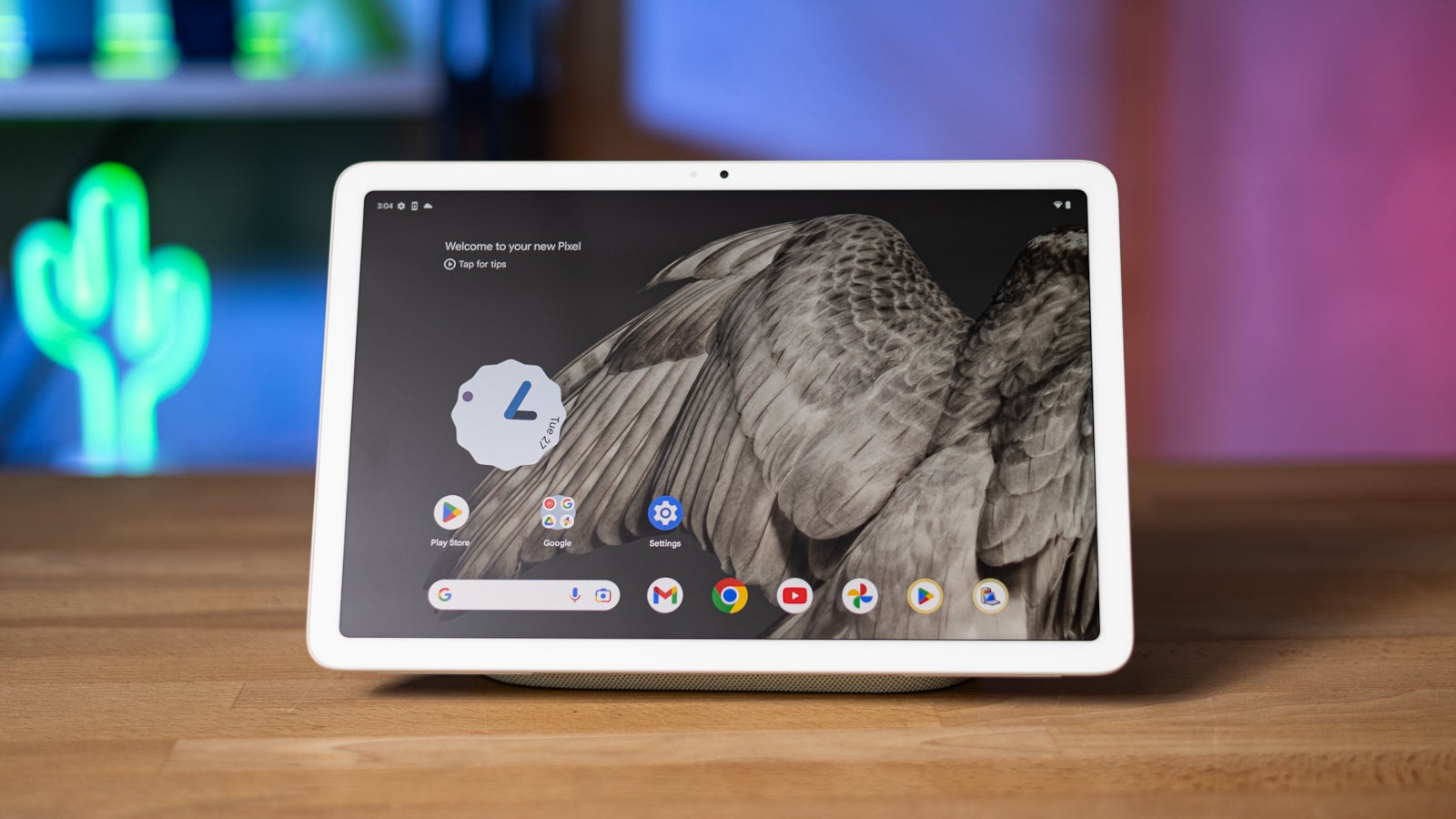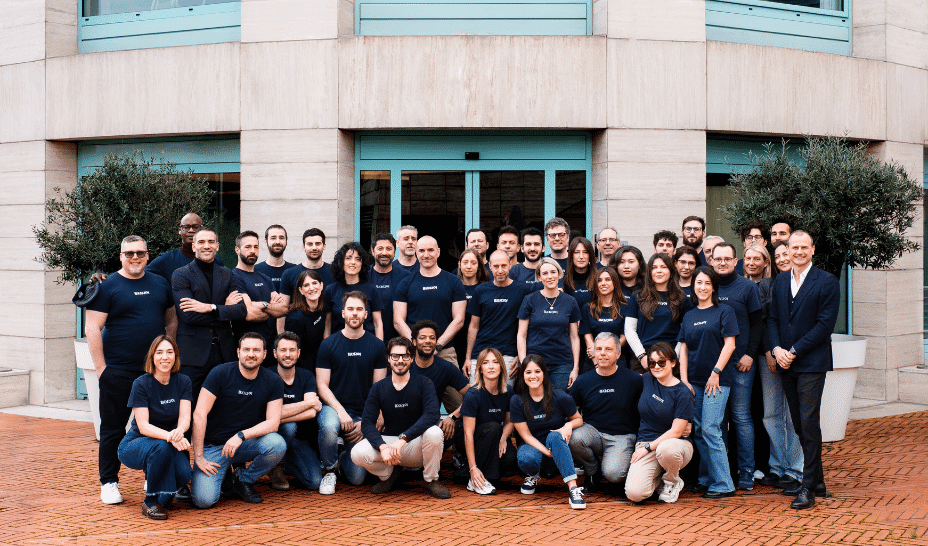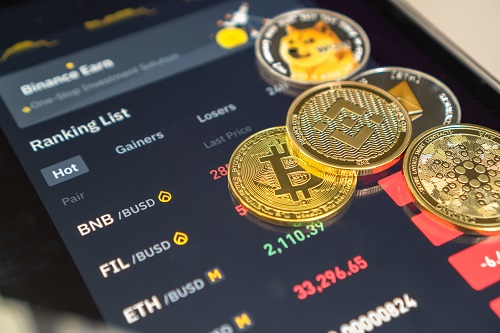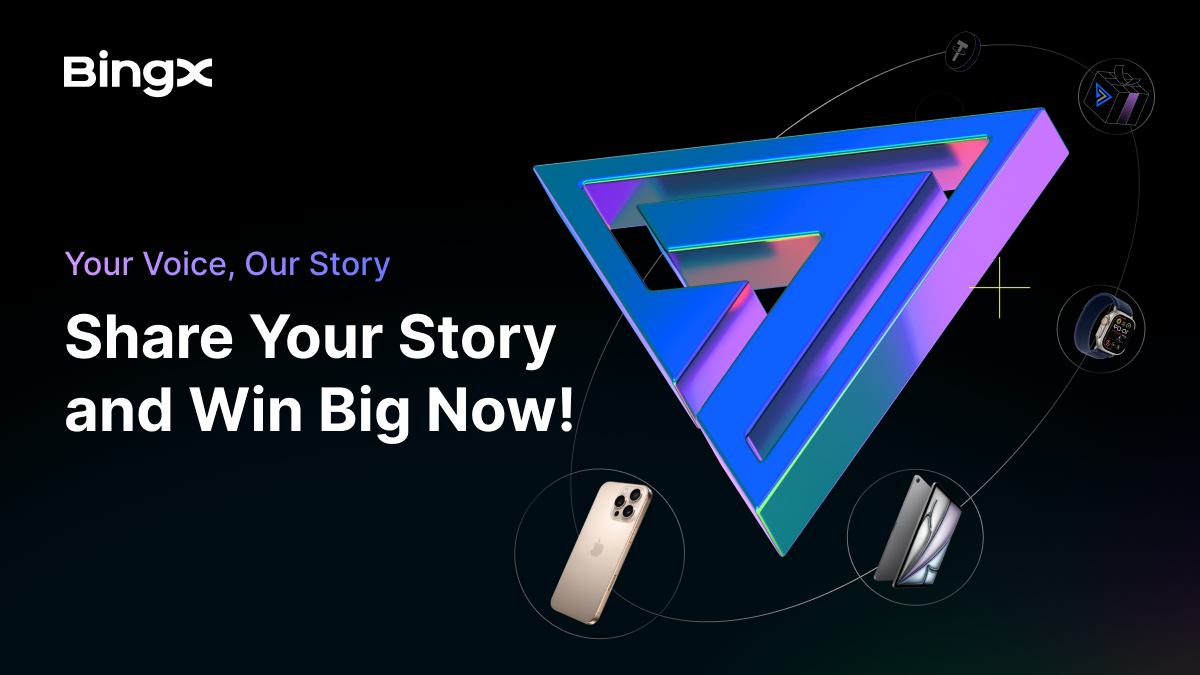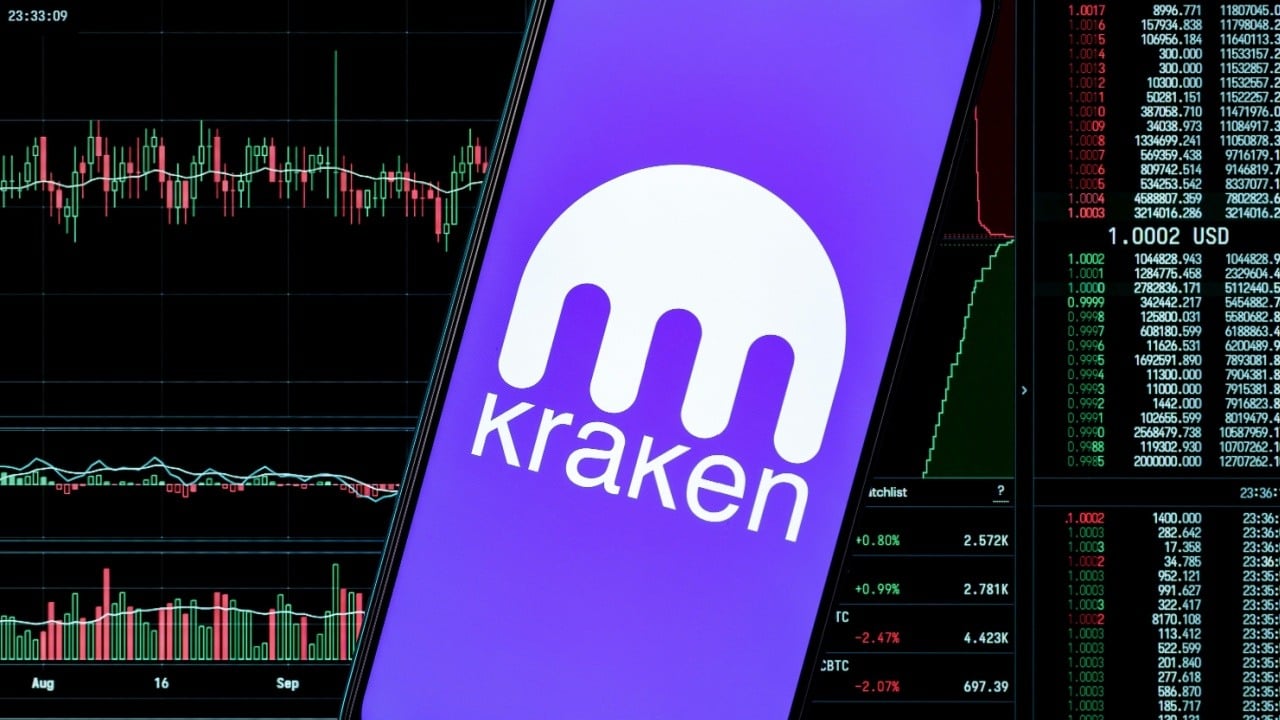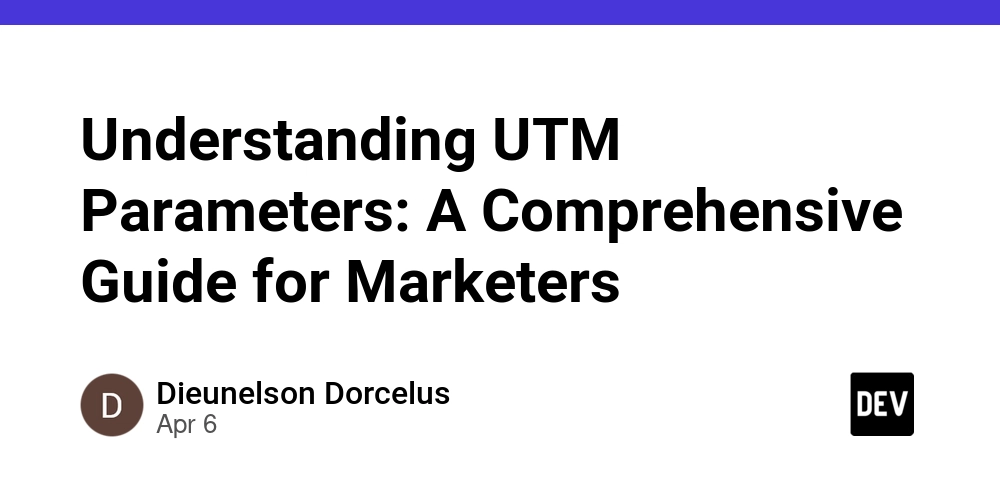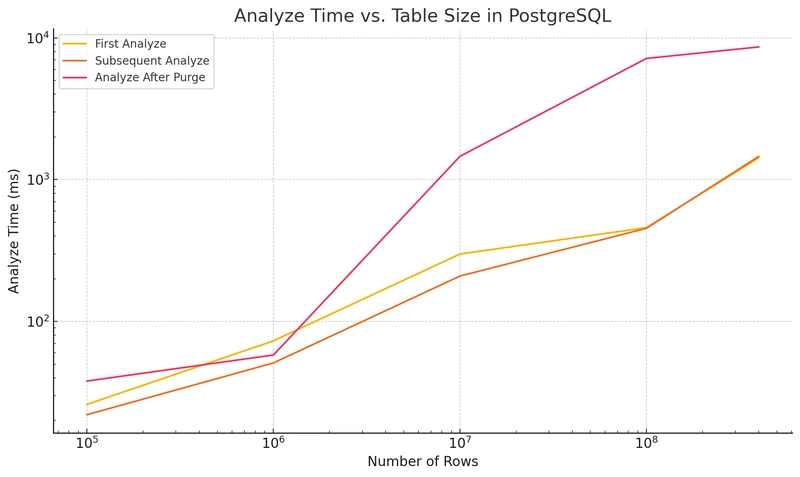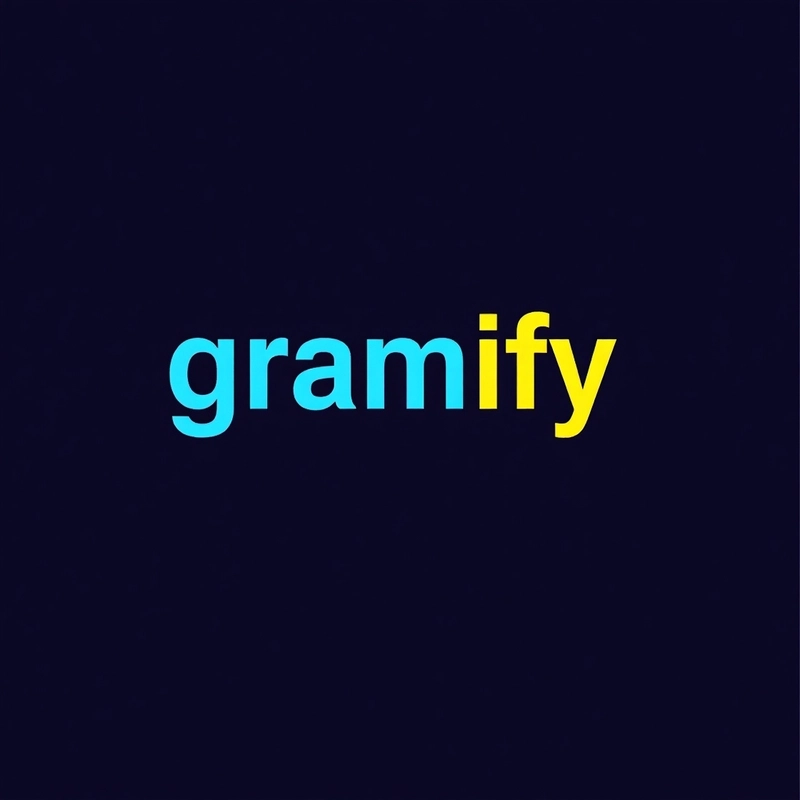Facebook Advertising vs Google Advertising: Pros and Cons
Choosing the correct advertising platform can make or break your marketing campaign in the digital age, as people's attention spans are getting shorter and competition is increasing. Two of the game's biggest players? Google Ads and Facebook Ads. Both are great tools—but they serve different goals and shine in different ways. Let's examine the benefits and drawbacks of each so you can choose the one that best suits your marketing plan. Facebook Advertising: The Ultimate Social Media Targeting Solution Benefits: Enhanced Options for Targeting - Facebook's ability to precisely target its audience is its greatest asset. Users can be filtered according to their location, age, gender, work titles, hobbies, habits, life events, and even relationship status. Visually Motivated Participation - Ads on Facebook and Instagram have a lot of visual appeal. The platform's format—whether it be a story, carousel, or video—is intended to draw users in and promote interaction. High B2C return on investment - For business-to-consumer (B2C) goods, Facebook advertisements are typically quite successful, particularly in sectors like fashion, cuisine, beauty, and lifestyle. Lookalike Viewers - Lookalike audiences are individuals that resemble your present clients and can be used to scale your advertisements. Lower Click-Cost (CPC) - Facebook typically has a lower cost per click (CPC) than Google, which makes it affordable for new and small businesses. Drawbacks: Reduced Intent to Buy - Facebook users are scrolling, chatting, and browsing, not shopping. Therefore, compared to Google, there is less buying intent. Ad Fatigue Occurs Quickly - Ad fatigue may result from users seeing the same ads repeatedly because Facebook ads are displayed based on interest rather than search intent. Diminished Organic Outreach - Businesses are being pushed toward sponsored advertisements by Facebook's algorithm changes, which have made it more difficult for free material to be viewed. Google Advertising: The Search Engine Giant Advantages: Strong Intent to Buy - People that use Google are actively looking for goods, services, or solutions. This indicates that your advertisements are reaching consumers who are prepared to make a purchase. Broad Reach - Google Ads may expose your business to a vast, worldwide audience at the exact moment they need you thanks to the billions of searches that occur every day. Various Ad Formats - Google gives you a variety of strategic and imaginative possibilities with its Search, Display, Shopping, YouTube, and App ads. Extremely quantifiable - Precise ROI measurement is possible by tracking and analyzing each click, impression, and conversion. The Influence of Local Advertising - Google Ads is ideal for local businesses because it allows you to show up on Google Maps or in local search results. Drawbacks: Increased Price Per Click - CPC can be costly, which makes it difficult for small enterprises to compete, particularly in highly competitive industries like finance or law. A steeper curve of learning - For novices, the Google Ads interface may be too complicated, necessitating expert assistance or training. Search Ads' Visual Restrictions - Google Search advertisements, in contrast to Facebook, are primarily text-based, which may make them less interesting for firms who prioritize visuals. What's the Best Option for You? • If you want to sell visually appealing products to particular demographic groups, retarget consumers, or increase brand awareness, go with Facebook Ads. • If you want to dominate search rankings, promote time-sensitive offers, or target users with strong intent, go with Google Ads. Important takeaways There isn't a single, universal solution. A combination of both platforms is frequently the ideal approach, contingent on your target market, budget, and business objectives. Facebook uses interest to draw users in. Google uses intent to capture activity. Gaining an advantage in the digital war will come from knowing how each functions and how they might act in tandem.
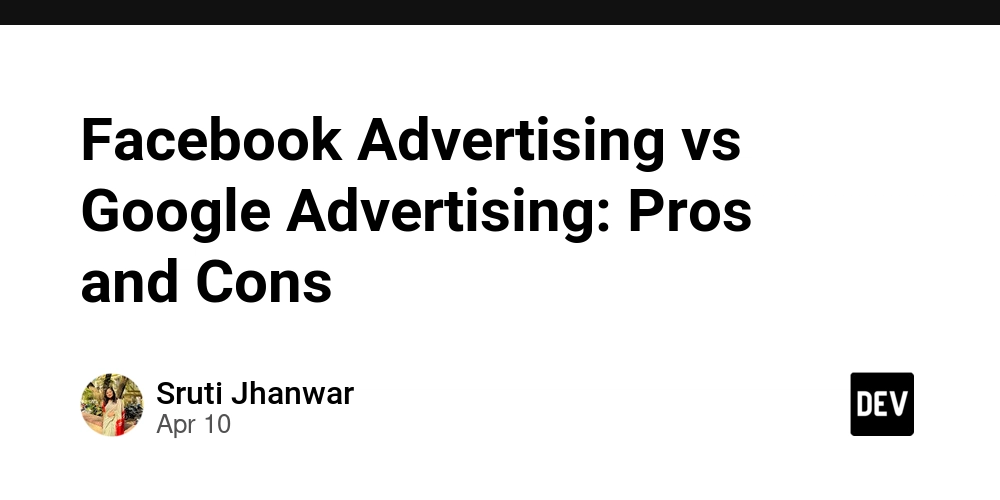
Choosing the correct advertising platform can make or break your marketing campaign in the digital age, as people's attention spans are getting shorter and competition is increasing. Two of the game's biggest players? Google Ads and Facebook Ads. Both are great tools—but they serve different goals and shine in different ways. Let's examine the benefits and drawbacks of each so you can choose the one that best suits your marketing plan.
Facebook Advertising: The Ultimate Social Media Targeting Solution Benefits:
- Enhanced Options for Targeting - Facebook's ability to precisely target its audience is its greatest asset. Users can be filtered according to their location, age, gender, work titles, hobbies, habits, life events, and even relationship status.
- Visually Motivated Participation - Ads on Facebook and Instagram have a lot of visual appeal. The platform's format—whether it be a story, carousel, or video—is intended to draw users in and promote interaction.
- High B2C return on investment - For business-to-consumer (B2C) goods, Facebook advertisements are typically quite successful, particularly in sectors like fashion, cuisine, beauty, and lifestyle.
- Lookalike Viewers - Lookalike audiences are individuals that resemble your present clients and can be used to scale your advertisements.
- Lower Click-Cost (CPC) - Facebook typically has a lower cost per click (CPC) than Google, which makes it affordable for new and small businesses.
Drawbacks:
- Reduced Intent to Buy - Facebook users are scrolling, chatting, and browsing, not shopping. Therefore, compared to Google, there is less buying intent.
- Ad Fatigue Occurs Quickly - Ad fatigue may result from users seeing the same ads repeatedly because Facebook ads are displayed based on interest rather than search intent.
- Diminished Organic Outreach - Businesses are being pushed toward sponsored advertisements by Facebook's algorithm changes, which have made it more difficult for free material to be viewed.
Google Advertising: The Search Engine Giant Advantages:
- Strong Intent to Buy - People that use Google are actively looking for goods, services, or solutions. This indicates that your advertisements are reaching consumers who are prepared to make a purchase.
- Broad Reach - Google Ads may expose your business to a vast, worldwide audience at the exact moment they need you thanks to the billions of searches that occur every day.
- Various Ad Formats - Google gives you a variety of strategic and imaginative possibilities with its Search, Display, Shopping, YouTube, and App ads.
- Extremely quantifiable - Precise ROI measurement is possible by tracking and analyzing each click, impression, and conversion.
- The Influence of Local Advertising - Google Ads is ideal for local businesses because it allows you to show up on Google Maps or in local search results.
Drawbacks:
- Increased Price Per Click - CPC can be costly, which makes it difficult for small enterprises to compete, particularly in highly competitive industries like finance or law.
- A steeper curve of learning - For novices, the Google Ads interface may be too complicated, necessitating expert assistance or training.
- Search Ads' Visual Restrictions - Google Search advertisements, in contrast to Facebook, are primarily text-based, which may make them less interesting for firms who prioritize visuals.
What's the Best Option for You?
• If you want to sell visually appealing products to particular demographic groups, retarget consumers, or increase brand awareness, go with Facebook Ads.
• If you want to dominate search rankings, promote time-sensitive offers, or target users with strong intent, go with Google Ads.
Important takeaways
There isn't a single, universal solution. A combination of both platforms is frequently the ideal approach, contingent on your target market, budget, and business objectives. Facebook uses interest to draw users in. Google uses intent to capture activity. Gaining an advantage in the digital war will come from knowing how each functions and how they might act in tandem.
















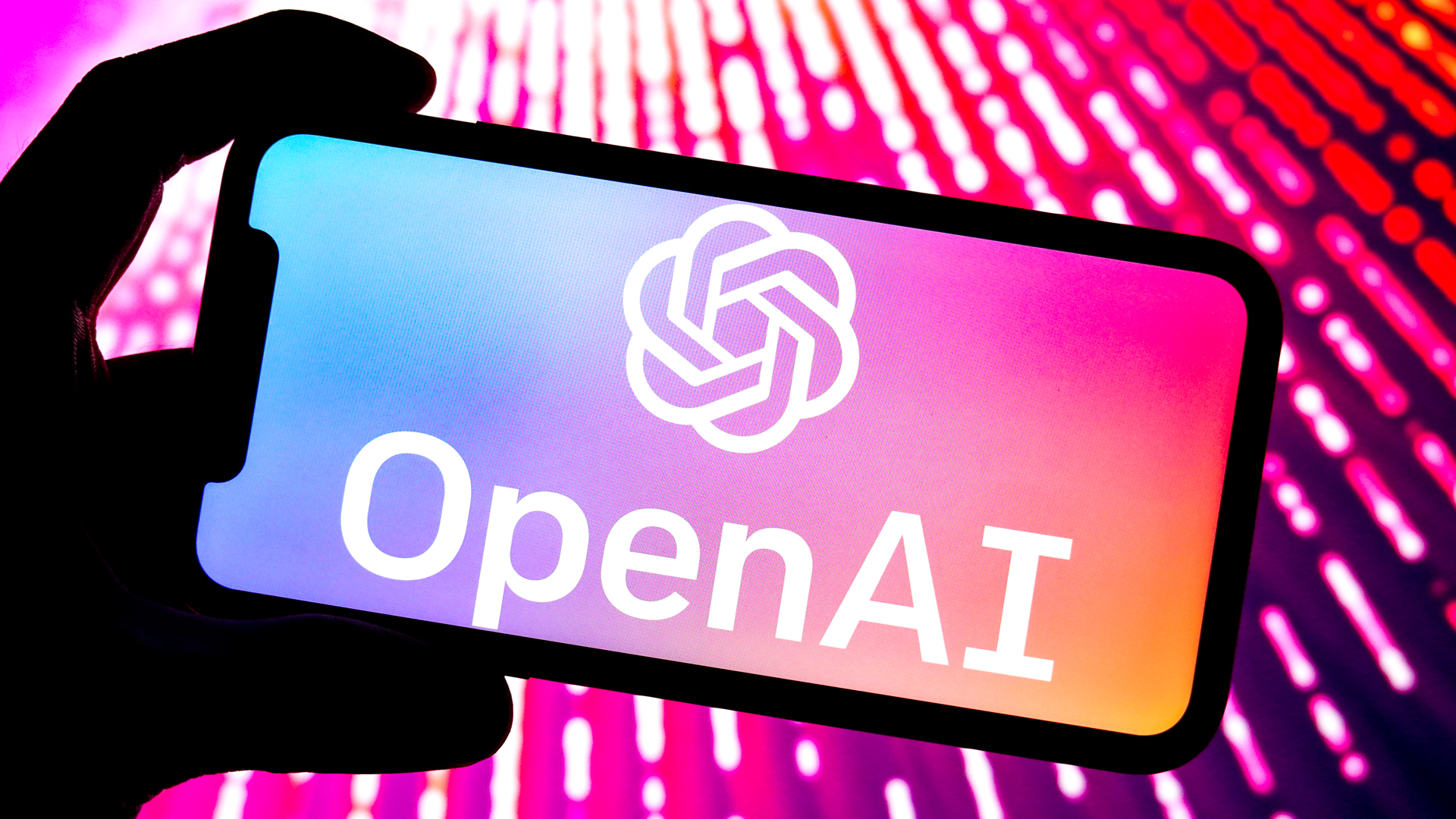
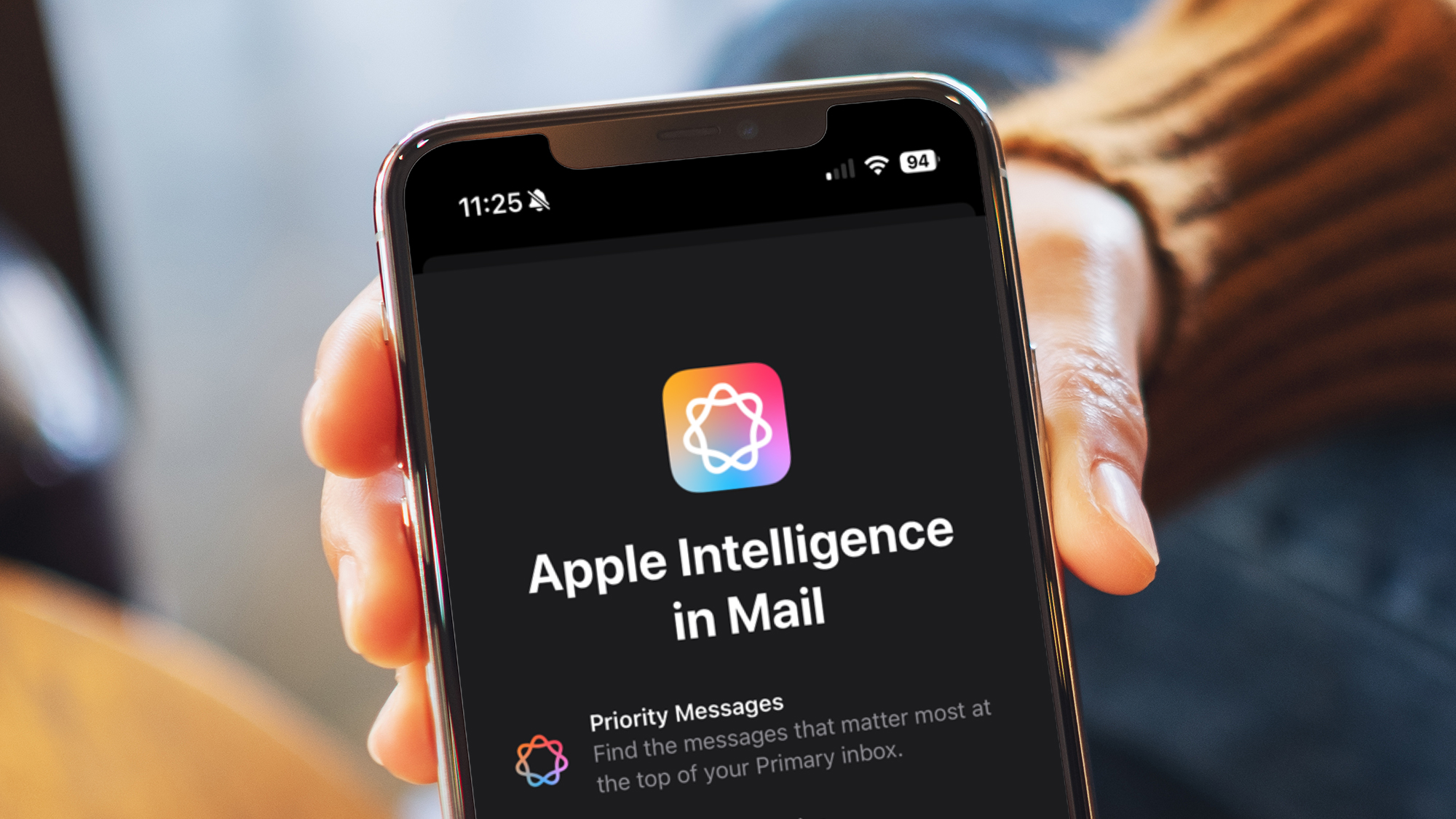

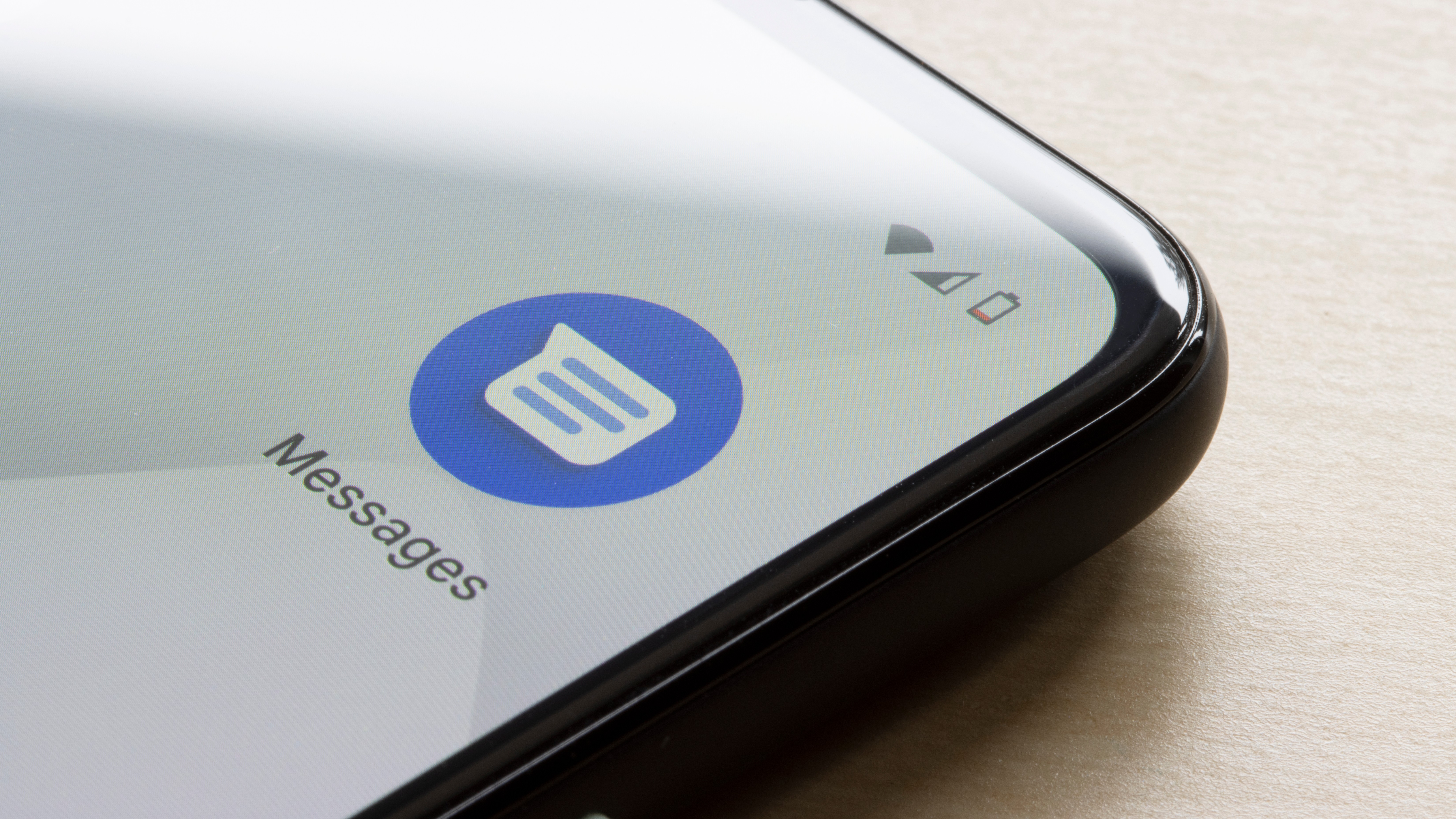





















































































































































![[The AI Show Episode 143]: ChatGPT Revenue Surge, New AGI Timelines, Amazon’s AI Agent, Claude for Education, Model Context Protocol & LLMs Pass the Turing Test](https://www.marketingaiinstitute.com/hubfs/ep%20143%20cover.png)








































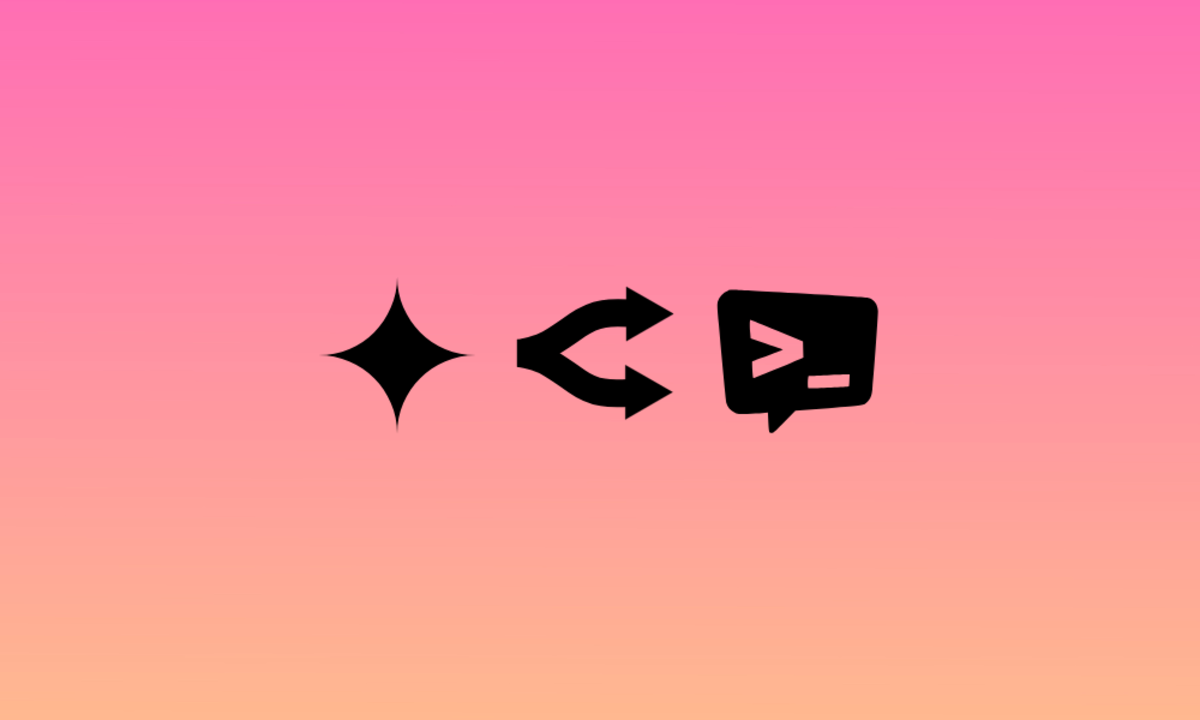





































































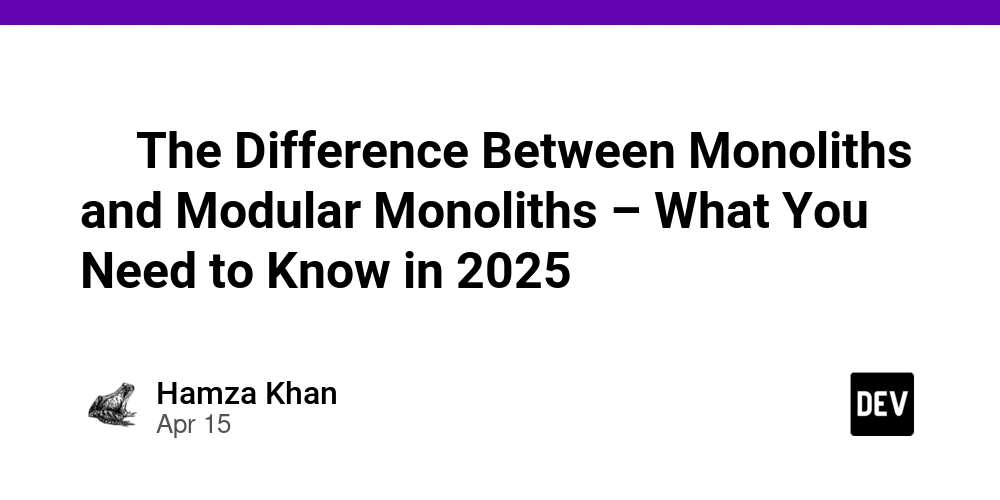
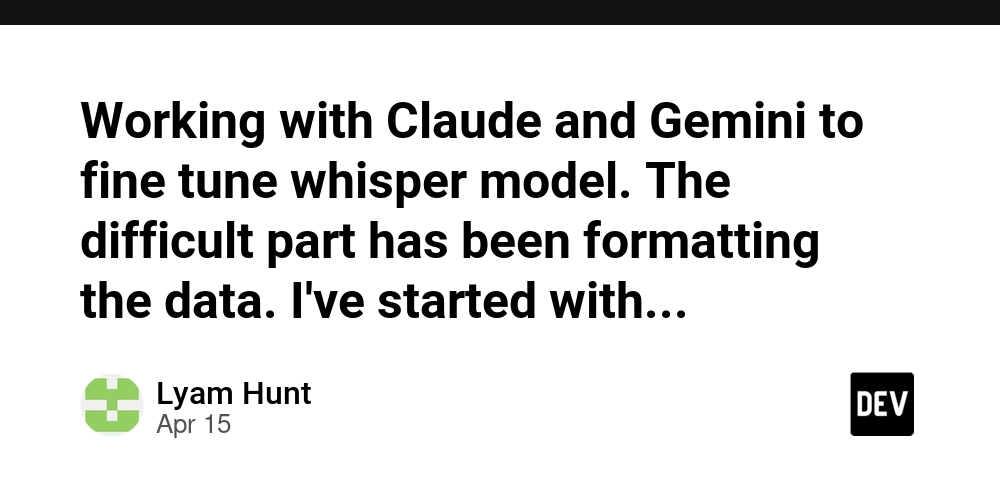

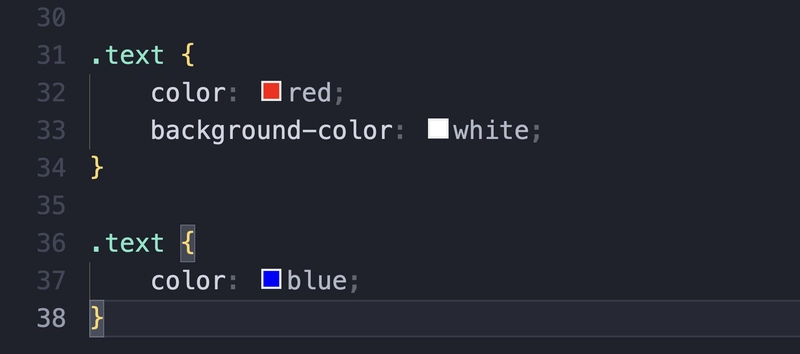


























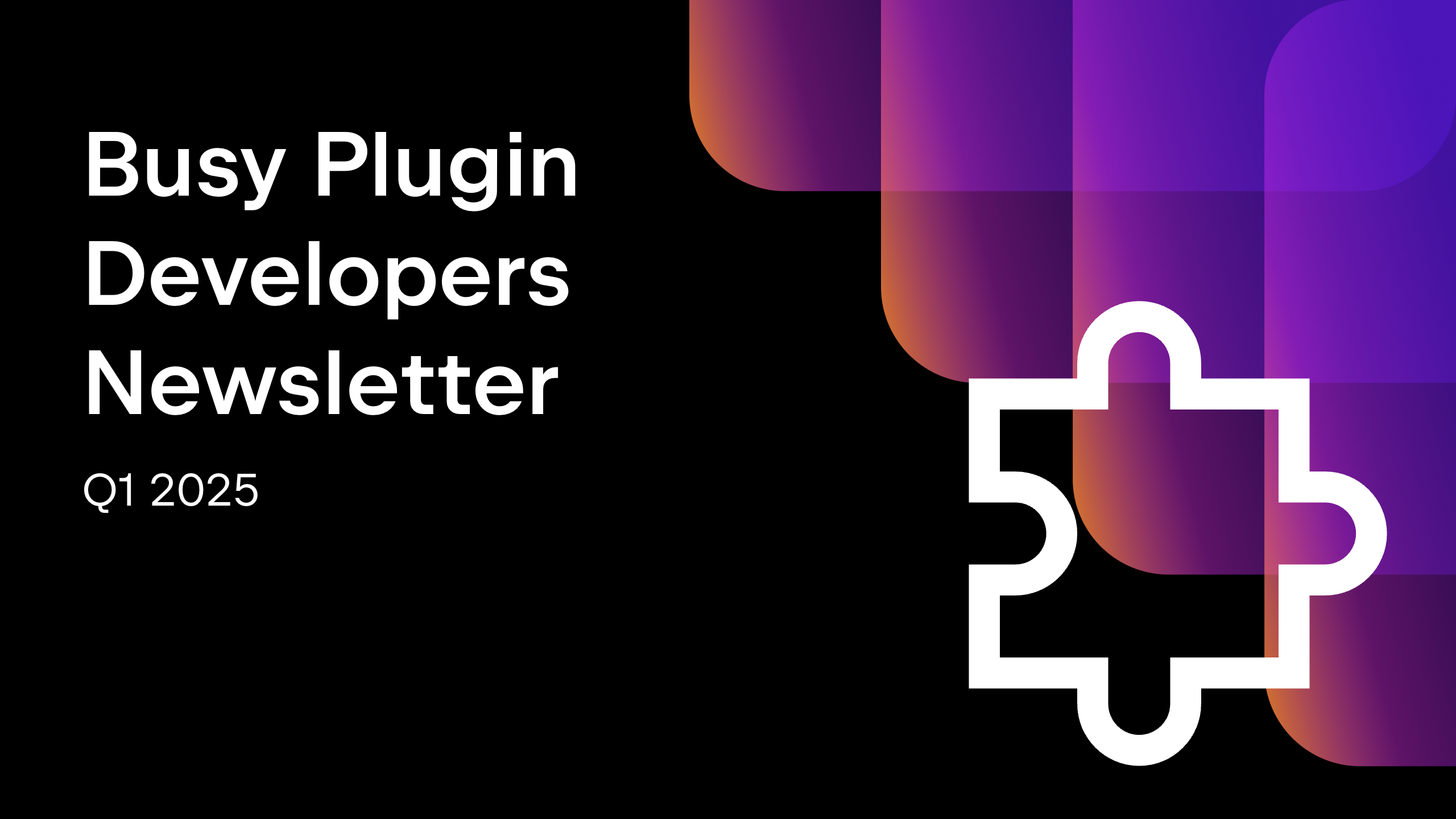
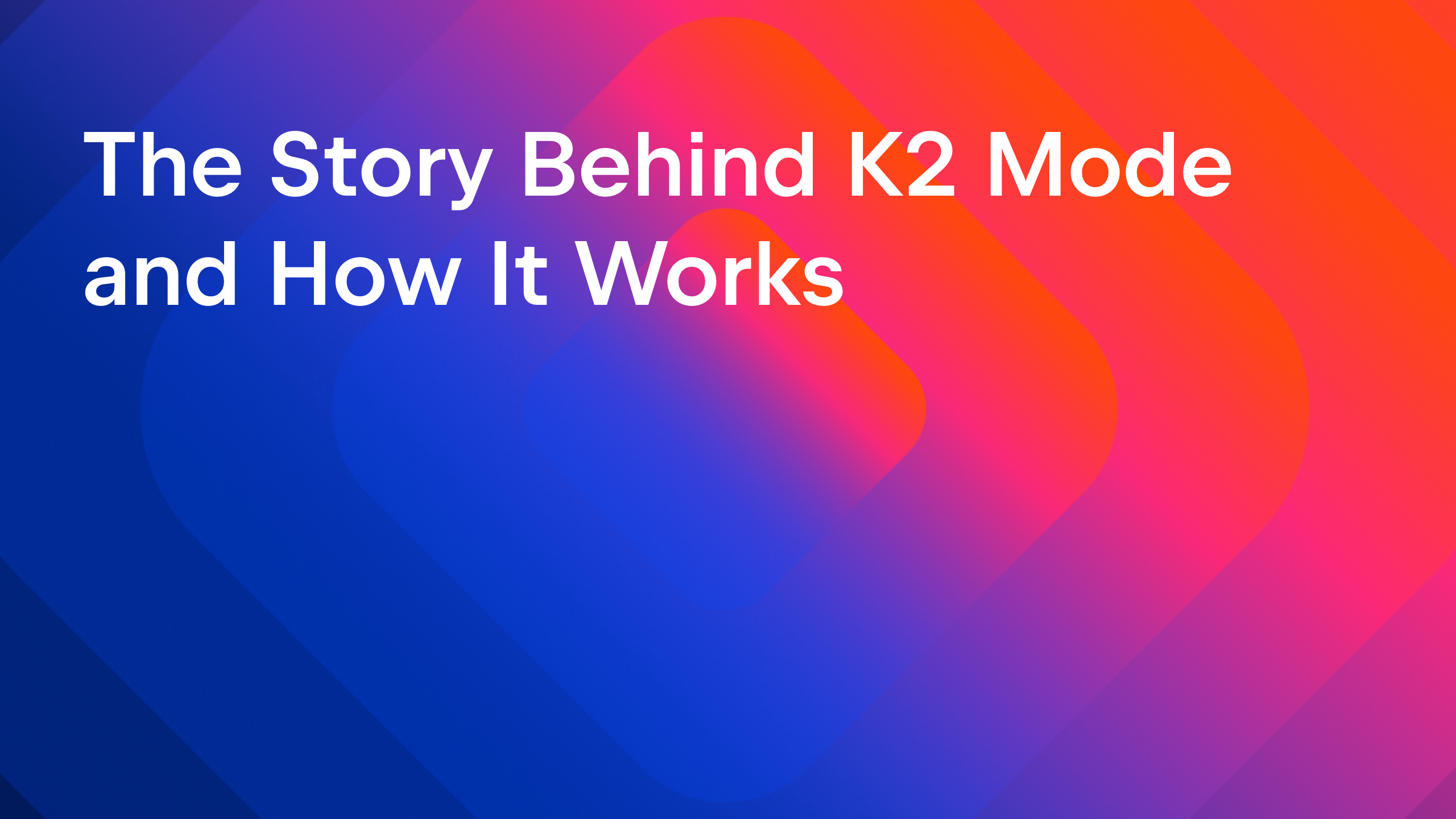








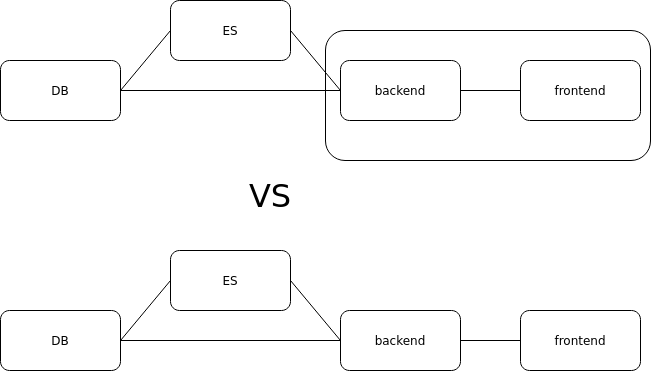




















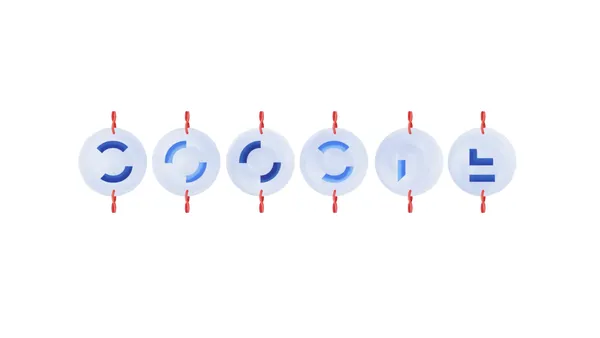


























































.png?#)

























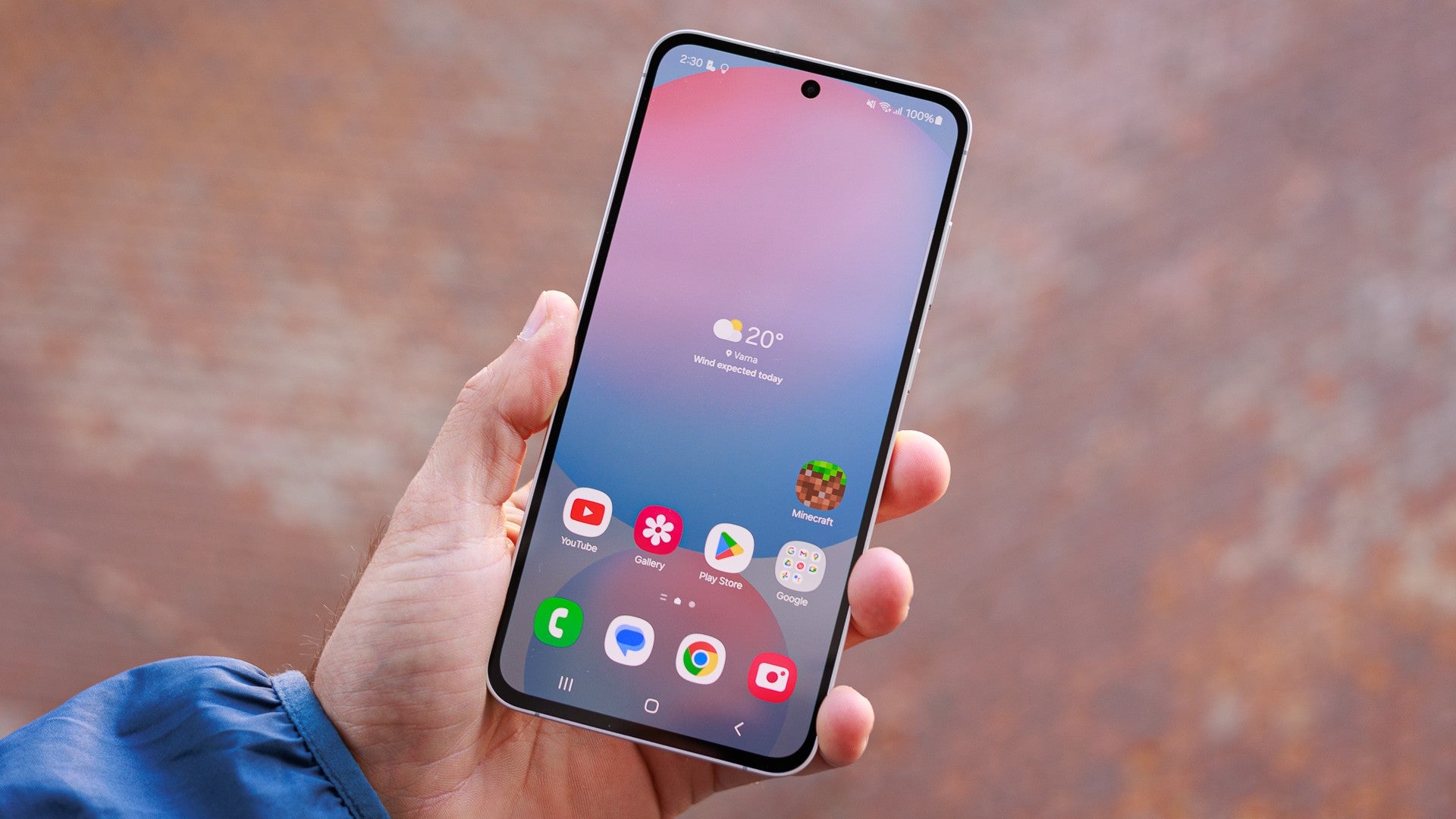










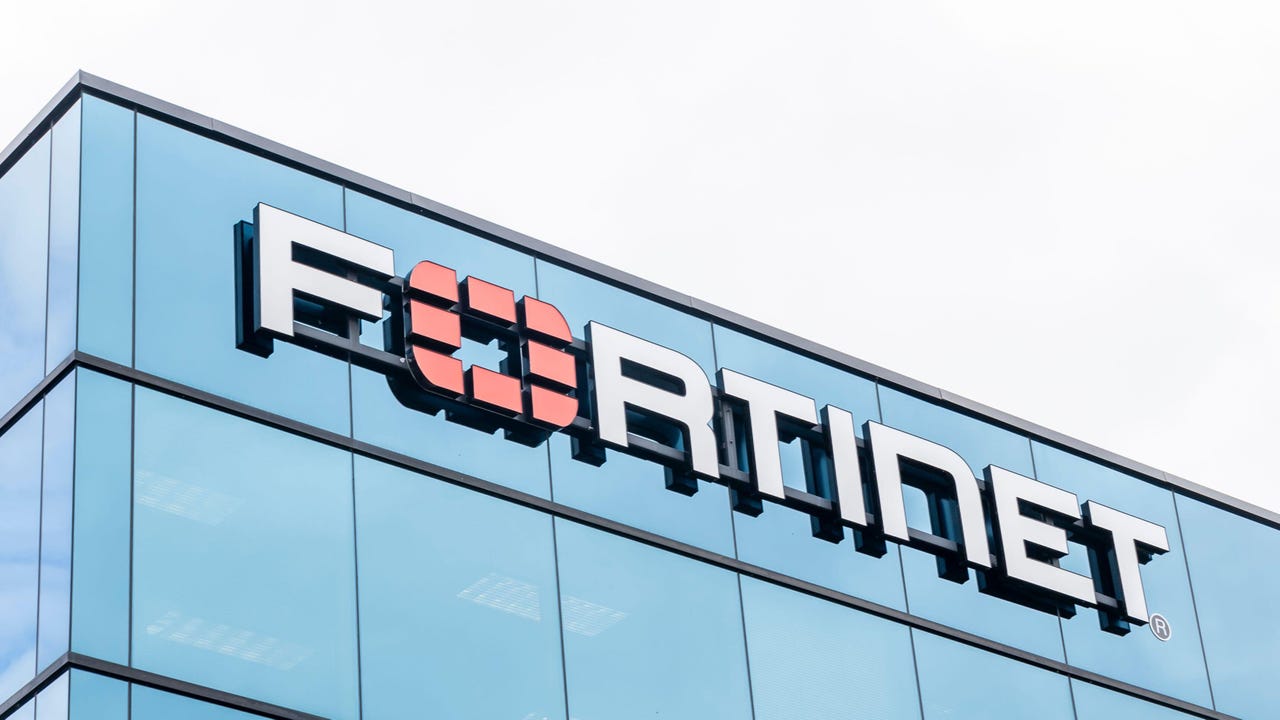

.webp?#)
.webp?#)










































































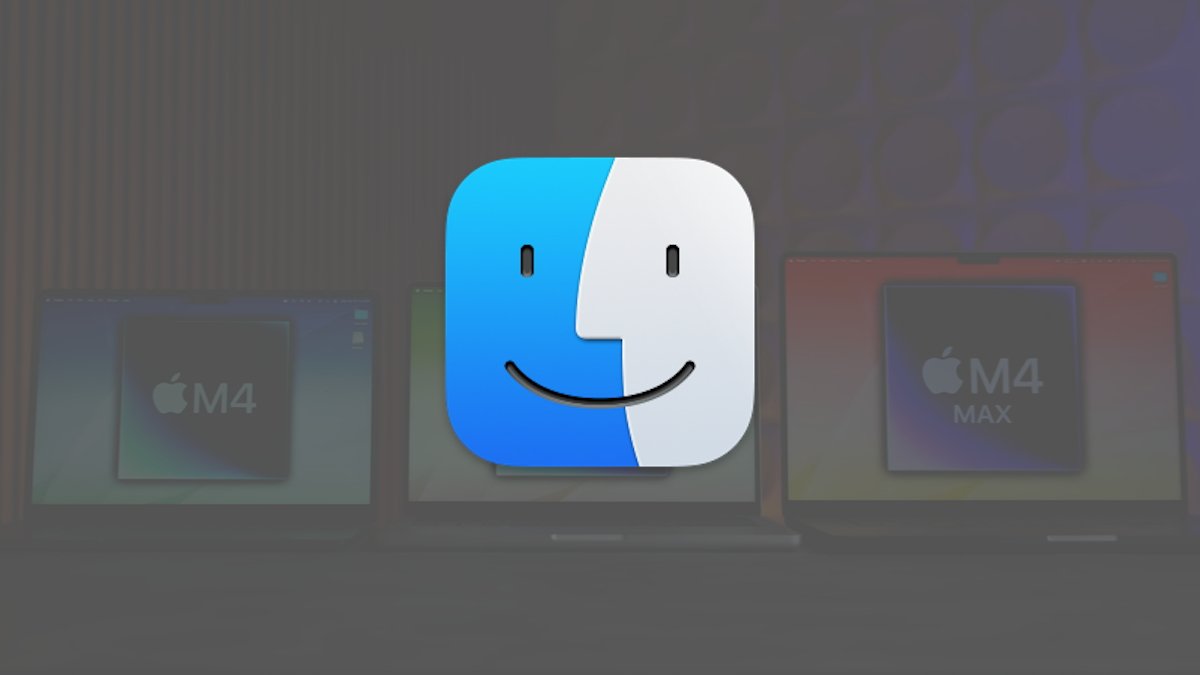




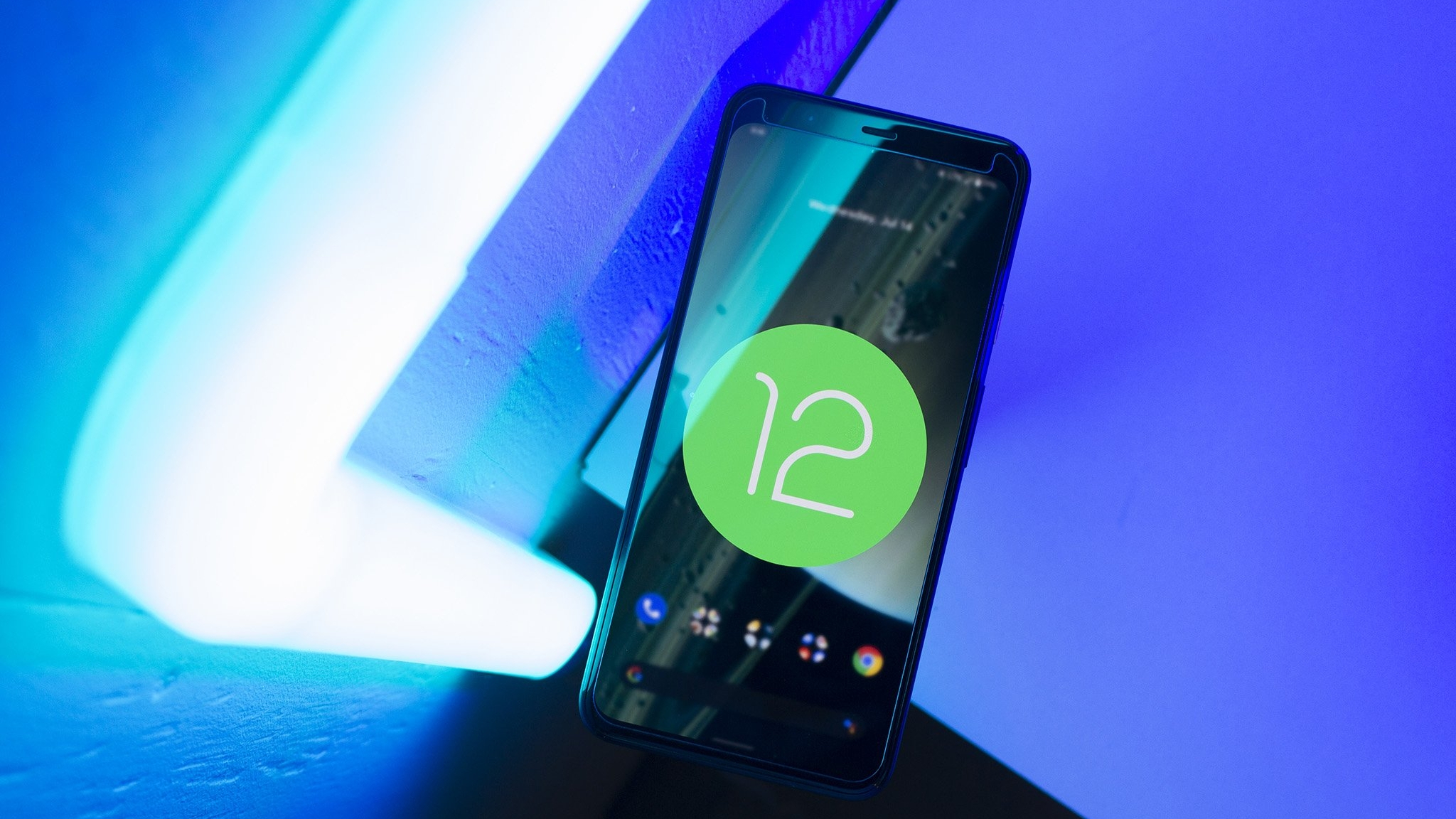
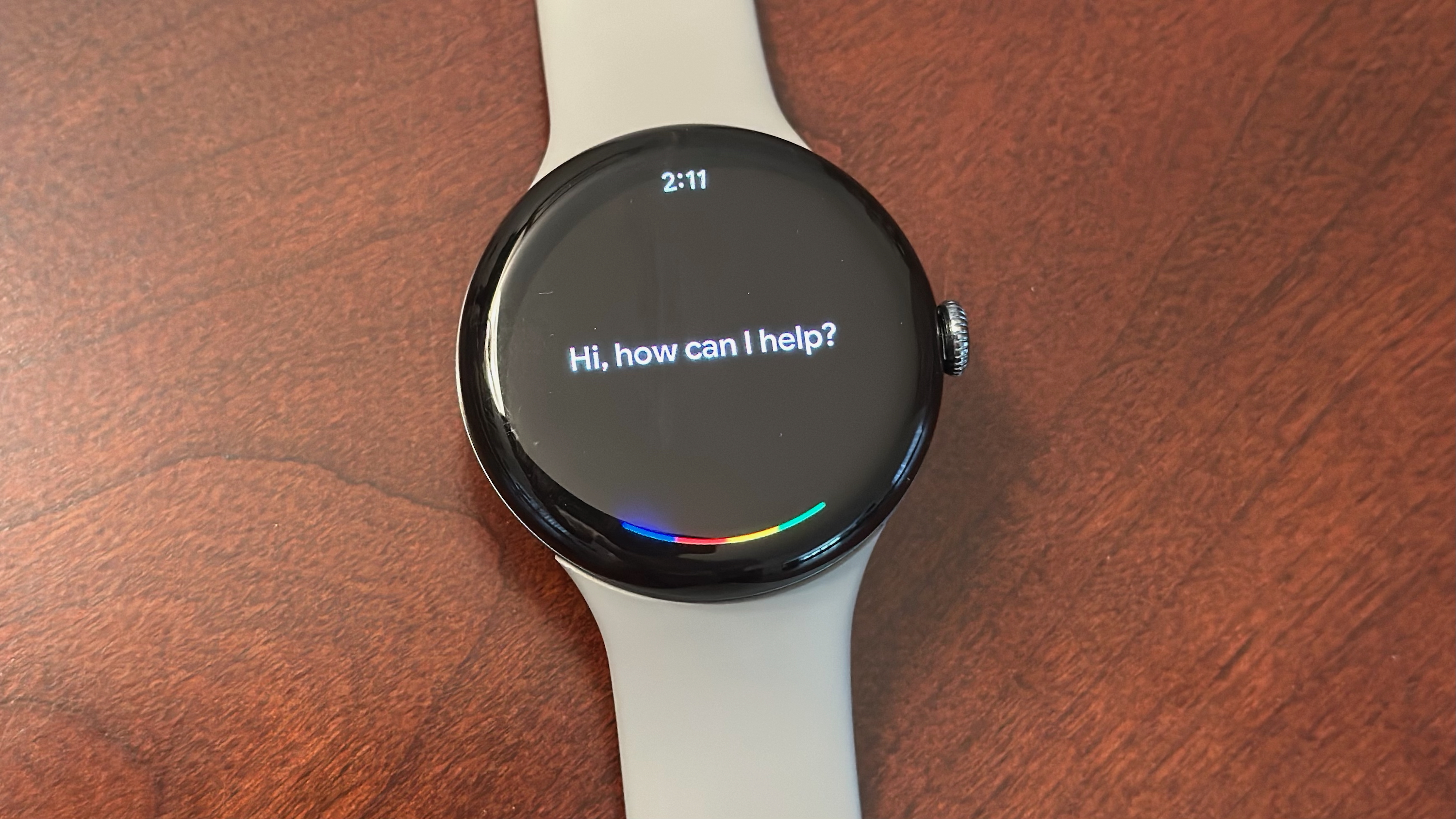

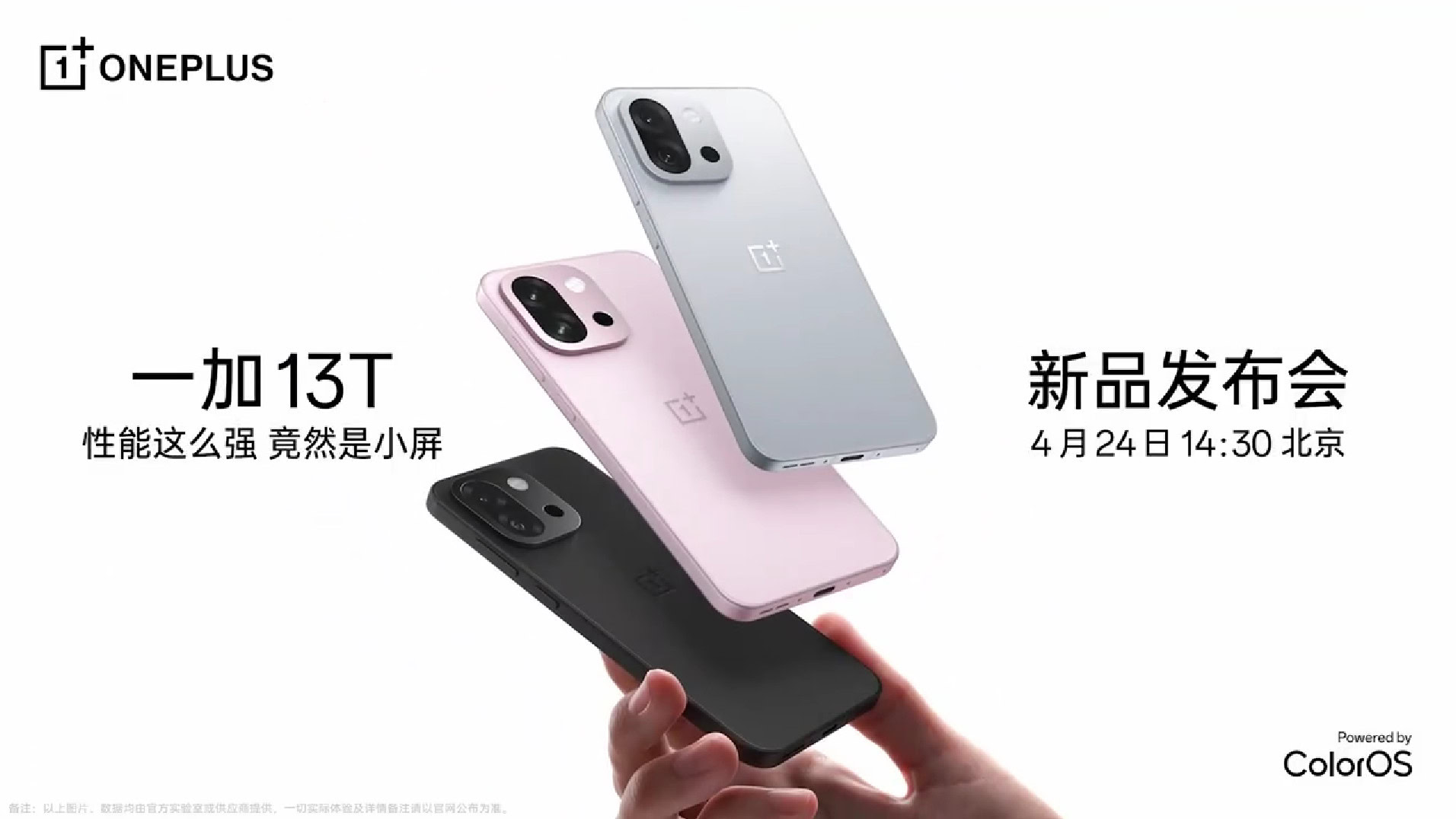
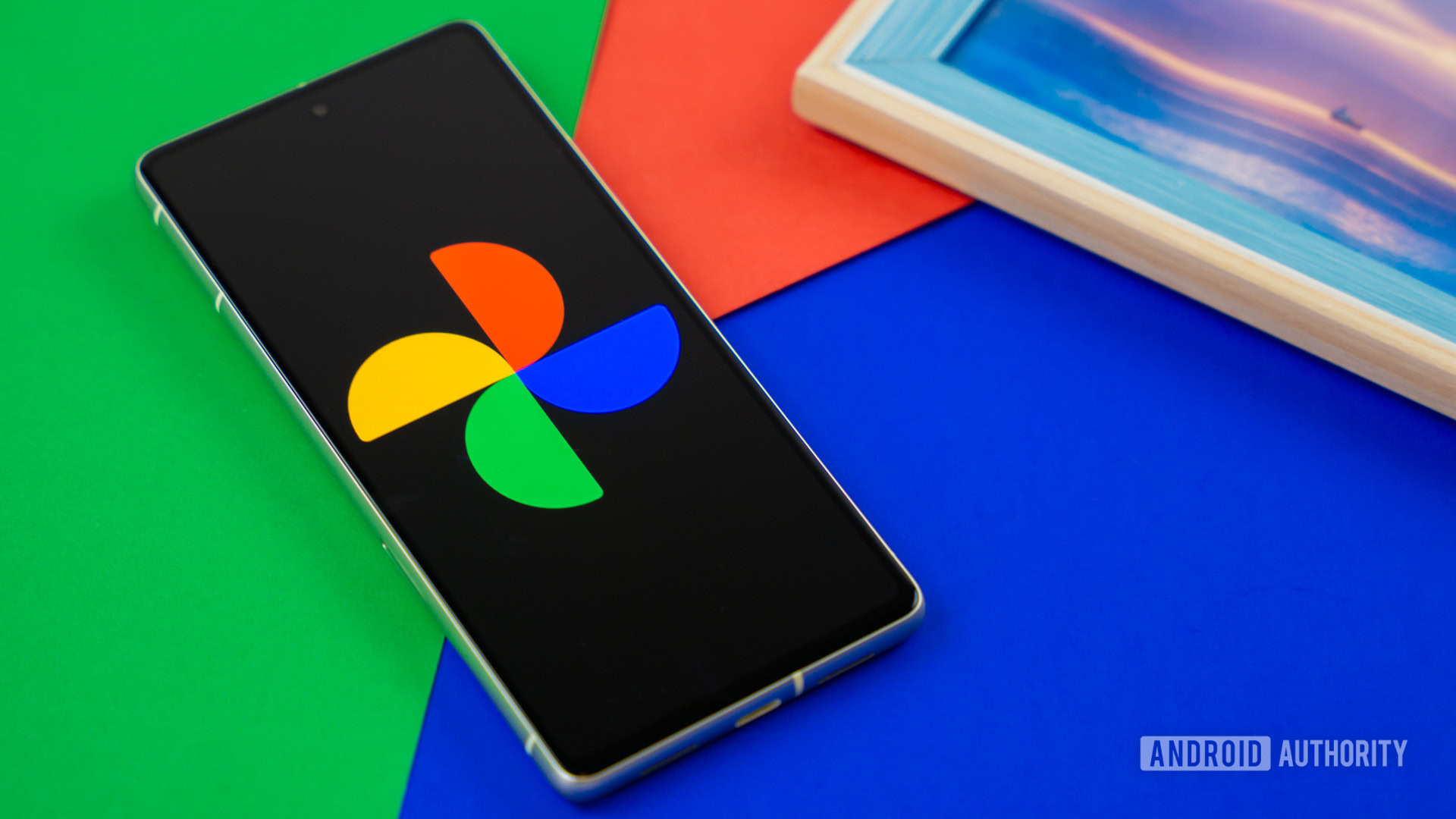






![[Fixed] Gemini app is failing to generate Audio Overviews](https://i0.wp.com/9to5google.com/wp-content/uploads/sites/4/2025/03/Gemini-Audio-Overview-cover.jpg?resize=1200%2C628&quality=82&strip=all&ssl=1)

![What’s new in Android’s April 2025 Google System Updates [U: 4/14]](https://i0.wp.com/9to5google.com/wp-content/uploads/sites/4/2025/01/google-play-services-3.jpg?resize=1200%2C628&quality=82&strip=all&ssl=1)












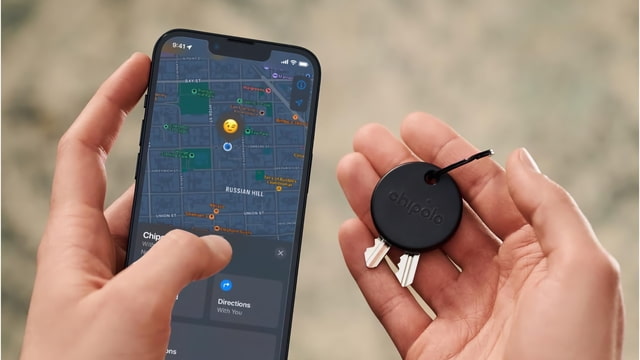
![Apple Seeds tvOS 18.5 Beta 2 to Developers [Download]](https://www.iclarified.com/images/news/97011/97011/97011-640.jpg)
![Apple Releases macOS Sequoia 15.5 Beta 2 to Developers [Download]](https://www.iclarified.com/images/news/97014/97014/97014-640.jpg)























